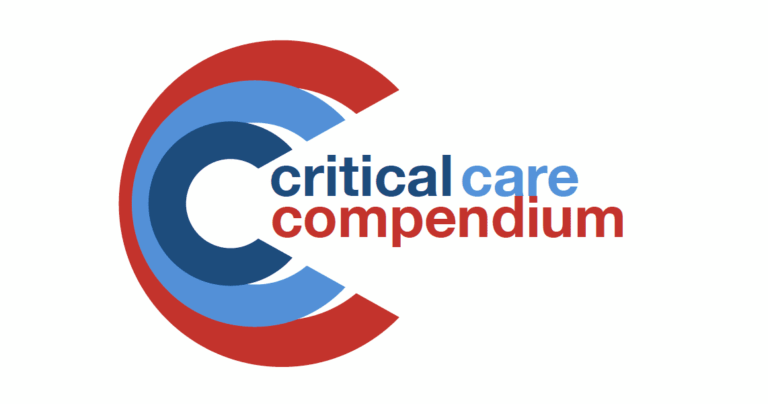
Cardiogenic Shock and Late Pregnancy
Cardiogenic Shock and Late Pregnancy: Two patients; High mortality; Planned delivery; Diagnose and treat cause

Cardiogenic Shock and Late Pregnancy: Two patients; High mortality; Planned delivery; Diagnose and treat cause

Cocaine Toxicity and Obstetrics:

Eclampsia: life threatening situation for the mother and baby. 1:2000 pregnancies; most occur in 3rd trimester; 1/3 post-partum; usually with in 24hrs of delivery; vasogenic cerebral oedema from hypertensive encephalopathy

Ectopic pregnancy = fertilized ovum which implants outside the lining of the uterus

Hemorrhage and Pregnancy: gravid uterus receives 15% of Q -> bleeding can be rapid; principle causes; abruption, placenta praevia, PPH; baby more at risk than mum

Influenza and Pregnancy: known high incidence of morbidity and mortality in mother and foetus in H1N1 infection and severe community acquired pneumonia; multidisciplinary team approach: O&G, NICU, anaesthetics, ICU; planned delivery of foetus (although the teams may have conflicting interests)

Causes of Acute Pulmonary Hypertension

Massive GI hemorrhage presents multiple challenges during intubation: obscured view of vocal cords; risk of aspiration; risk of haemorrhagic shock and haemodynamic instability; risk to staff from contact with body fluids

AIRWAY ADJUNCTS Oropharyngeal Airways Nasopharyngeal Airways Facemasks LMA INTUBATION EQUIPMENT Laryngoscopes Tracheal Tubes ANAESTHETIC BREATHING SYSTEMS AYRE’S T-PIECE WITH JACKSON REES MODIFICATION BAIN SYSTEM CIRCLE ABSORPTION SYSTEM Mechanical Ventilation References and Links

Pelvic Inflammatory Disease (PID) includes: endometritis, chorioamnionitis, intra-amniotic infection syndrome, salpingitis, tubo-ovarian abscess, pelvic cellulitis, pelvic peritonitis

Renal and Urological Toxicity of Chemotherapy: chronic renal failure; acute renal failure; renal tubular dysfunction; haemorrhagic cystitis; dysuria

Obstetric and Gynaecology Literature Summaries